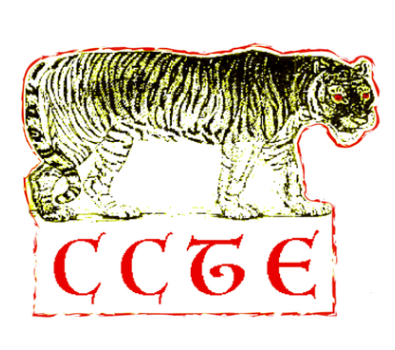Small Acts
These are things that can be done in your own time and without facilitation. Usually they form the introduction to a session as people are coming in, or can be done during a break as people are milling around, or if you are running a longer-term residential event or have a continuous space, they can be run over a longer period of time. Small acts can be explained purely through written instructions. Small acts also tend to have a looser relationship to time than a normal exercise. They might still contain components that require things to happen consecutively, but probably not in a set time apart from where the time given is purely advisory.
Small acts might ask people to do something on their own, or contribute to a larger collective project (such as adding drawing or writing to a big piece of paper on the wall) or they might ask people to gather a small group to do the small act together.
Why do we do small acts?
As a soft open activity, they require very little explanation.
In a group that’s warming up to a more structured class, they are a voluntary activity that allows those who are raring to go to get started on something, while allowing people who are not ready to start to do other things (get themselves a drink, go to the toilet).
They provide an excuse for, or a structure for, social interaction and getting to know other people. Break periods and beginnings of things can be stressful if the group is learning how to make everyone feel welcome. Small acts provide a (voluntary) excuse to do something with a stranger.
At the opposite end, in organisations where everybody already knows each other well and works closely together, they can provide a way to step back from patterns of thought or practice that may have become well trodden, to reflect on them or try something new in a way that is relatively light and easy. From this, new things might be learned or new questions arise that would not have been arrived at with more concerted effort (which to be clear small acts are not a substitute for).
For small acts that are done alone, these provide some activity for people who find the level of social interaction required in ‘down time’ (especially after long periods of collective work) a bit much, and would prefer to pursue an individual activity.
Small acts that allow collective contribution over a period of time can produce a great deal of thoughtfulness, and even a level of theoretical or practical coherence in a group. Especially in a large group, being able to read what other people have written on a large chart or such like allows for a clear understanding of where the group is at. This can also be incredibly useful for facilitators.
Examples of Small Acts
This is a small act we ran at an event where lots of comrades from different organisations came from all over, where nobody knew everyone.
